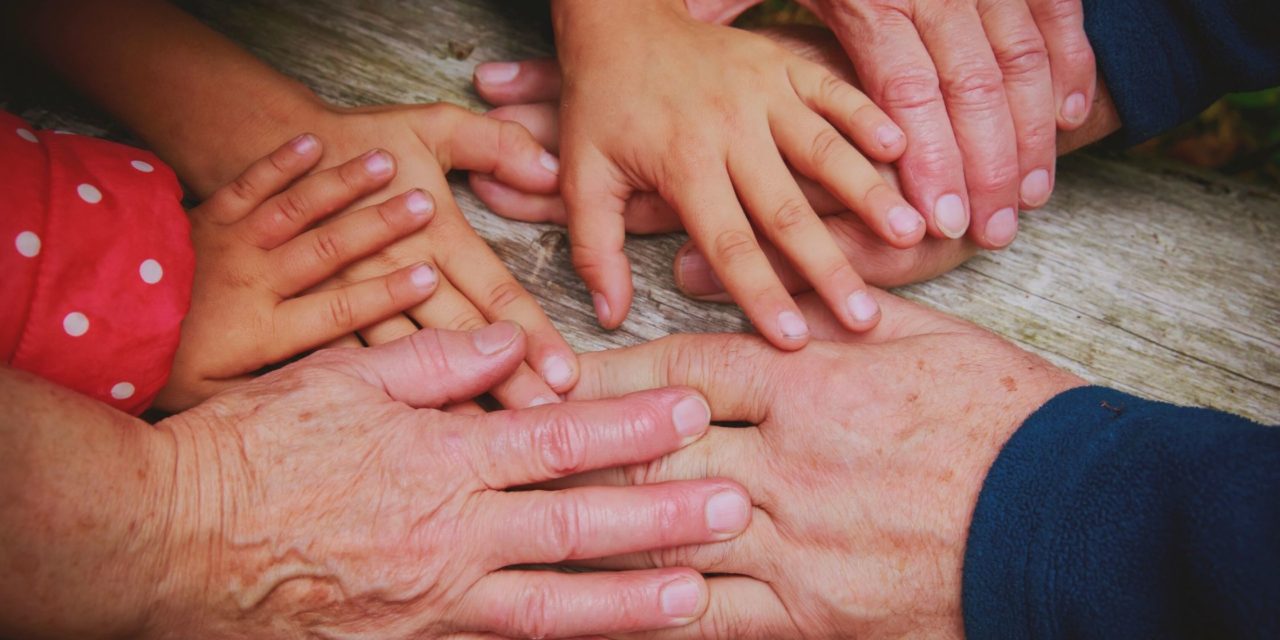Medication, therapy, and time are integral to the addiction recovery process. Drugs—the legal kind—can help you safely get through the withdrawal process and counteract the long-term side effects you might have incurred through sustained drug abuse (like heart problems or a newly developed mental illness). Counseling of any sort is essential for recognizing—and ultimately fixing—the harmful behavior and thought patterns that caused you to use drugs in the first place. Time is a given, as the facilitator of all meaningful change in our lives. However, there’s still another element that can make a huge difference in addiction recovery: social support—particularly that of family members.
Why Is Social Support So Important?
Humans are innately social creatures. Not only does doing things as a group makes even the dullest chores more bearable, but isolation can actively be harmful to our health. As such, social support when doing something as intensely difficult as overcoming addiction is considered extremely important.
Having a sense of community provides encouragement and accountability which can set the groundwork for long-term success. Motivation has been found to be one of the most reliable predictors of a positive treatment outcome, and one that external sources such as family members, can directly influence.
Until recently, the benefit of social support has been difficult to quantify (though it’s widely accepted that it’s an integral part of treatment and many drug rehabs incorporate the family at some point). Several different studies sought to measure the quality and extent of an individuals’ interpersonal relationships and compare their treatment outcomes. All of the studies found that those who have supportive relationships tend to fare better both during and after treatment, with lower instances of relapsing.
It’s important to note that the quality of these relationships is much more important than quantity. Another study found that individuals in rehab who had fewer deviant friendships experienced better treatment outcomes.
The Role Family Can Play In Addiction
Although it’s well known that the immediate family of an addicted person often experiences some sort of negative impact and that addiction itself is a family disease, family can also unwittingly end up contributing to addiction as well. Codependent spouses might be enablers; verbally, emotionally, or physically abusive households might create a stressful home environment where a person struggles to cope. Whether intentional or not, it can be tricky for family members to realize that their words and actions might be more hurtful than helpful.
Since family can sometimes be a trigger to drug use or sustain the habit, getting them involved in treatment can be hugely beneficial. It can teach them to better support their loved one in recovery, and to be mindful of their own words and actions in order to provide a home environment that’s conducive to sobriety.
Additionally, families can also be invaluable as a means to hold the recovering individual accountable. Since these individuals are likely to be the ones who are closest and most often in contact with a person with addiction, they’re the best means to provide frequent and ongoing support and monitoring.
How Can Family Help An Addict?
- Start a dialogue
Addiction can be a very lonely place that makes drug users feel isolated. Opening up the channels of communication shows that you are there for them and also creates opportunities for you to express your concerns.
- Don’t be an enabler
Depending on the nature of your relationship with the addicted person it can seem really hard to say “no”. Denying them money or other resources that allow them to continue their drug use habit might seem harsh at the moment, but sheltering them only allows for them to fall even deeper into their drug habit. Also, it’s important to follow through with whatever your threats and promises. Otherwise, you risk undermining your authority and thus, your ability to propose an ultimatum.
- Continue taking care of yourself
Support groups like Al-Anon and Alateen exist because the impact of addiction can take a significant toll on nearby loved ones. Loving an addict can bring feelings of guilt, shame, or anger, all of which can result in a person being less present in their own life. You can’t be there for someone else if you aren’t whole and well yourself. Take time for yourself, invest in your emotional and mental well-being so that you’re in the right mindset to support your addictive loved one.
- Be patient
Most important of all, be patient. Recovery won’t happen overnight. There will be pitfalls and setbacks along the way. It might take a few times for something to click with your loved one, either in staying sober or recognizing they have a problem in the first place.
Sources:

